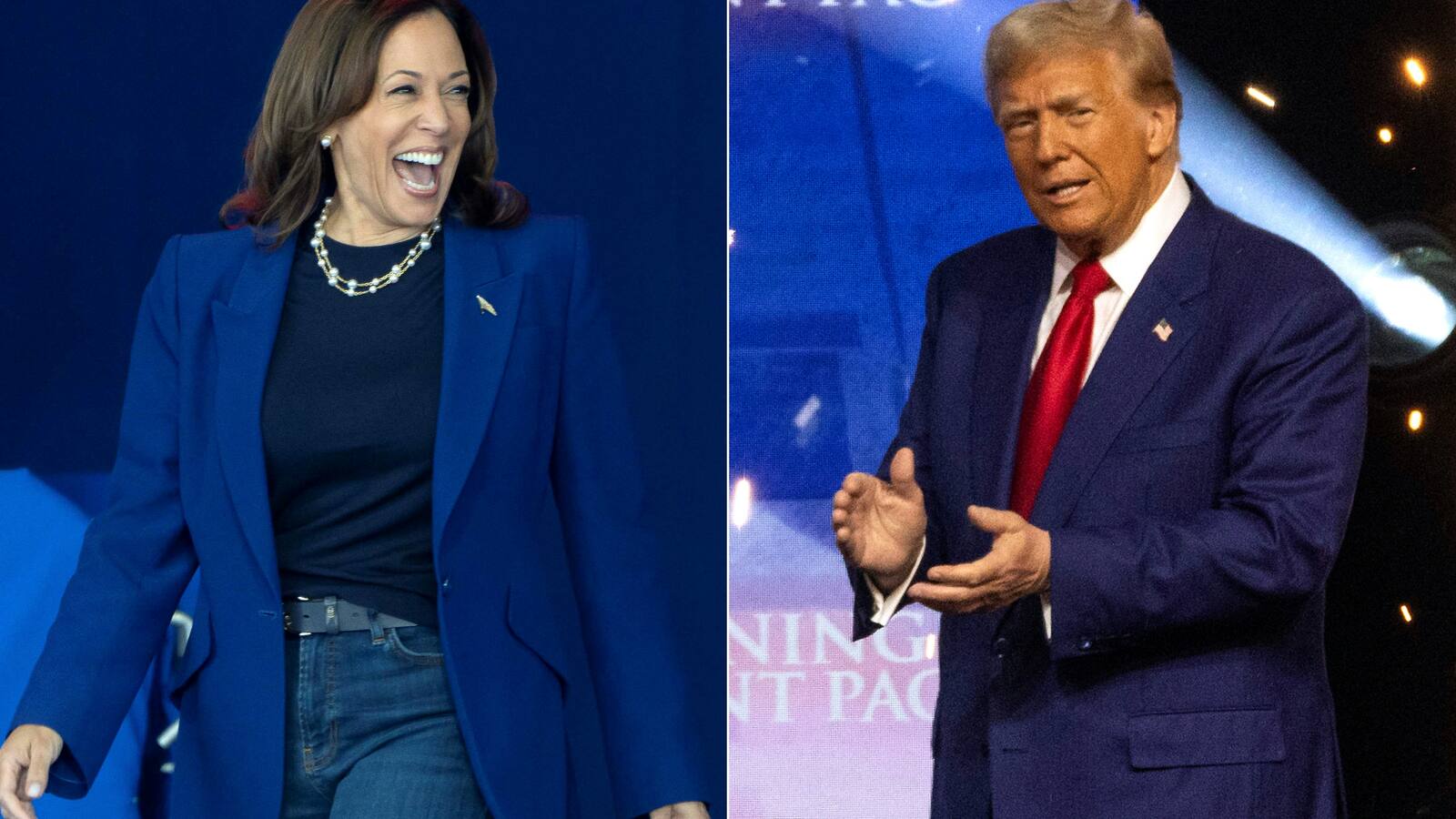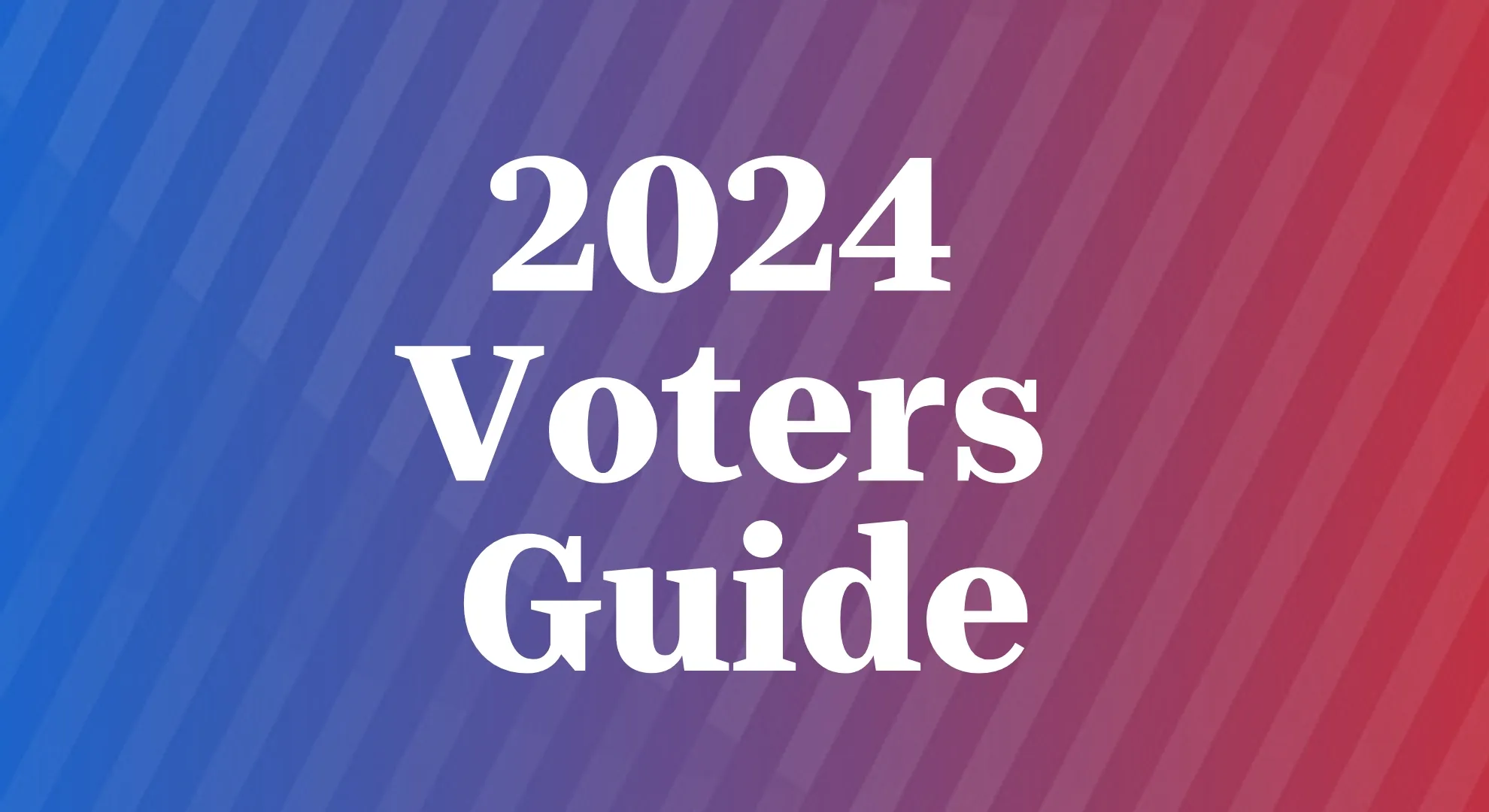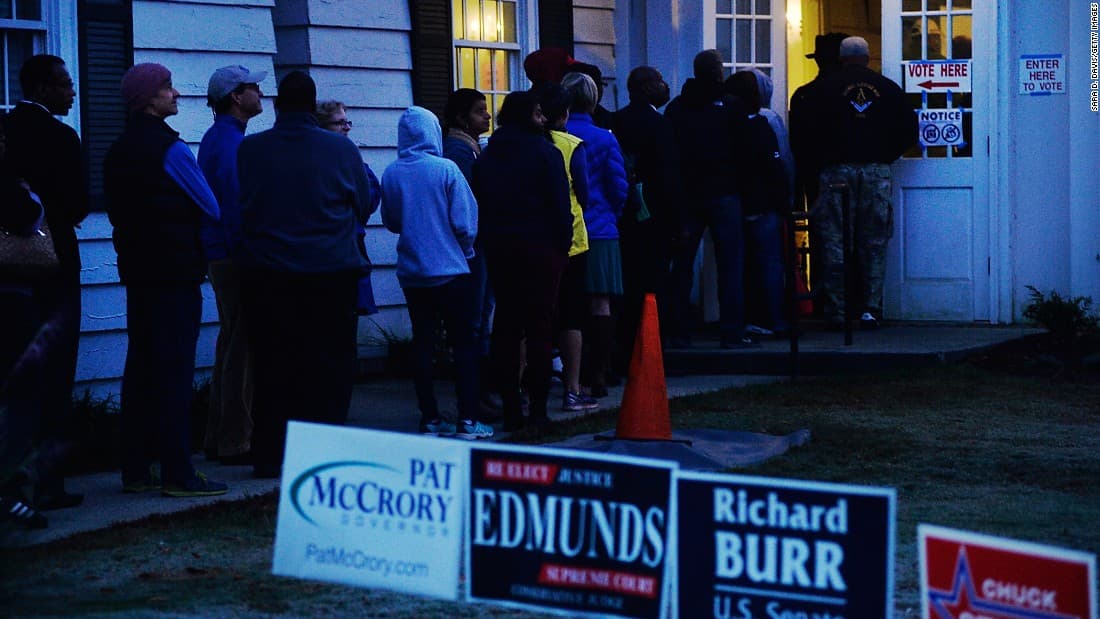In a stunning political maneuver, the Durham County Board of Elections has been flipped to a majority Republican configuration, raising alarms about the integrity of upcoming elections in a county that historically leans Democratic. This shift is the direct result of a broader Republican strategy across North Carolina, which includes a series of legislative actions aimed at consolidating power and undermining the democratic process.
Republicans Take Charge of Local Elections
The recent appointments to the Durham County Board of Elections mark a significant turning point for local electoral governance. State Auditor Dave Boliek appointed Republican David Boone as board chair, displacing Democrat Dawn Baxton, who had held the position previously. Under Boliek"s directive, the board now consists of three Republicans and two Democrats, a stark contrast to the previous balance that favored Democratic representation. This power shift not only reflects the results of Senate Bill 382, passed shortly after the 2024 elections, but also aligns with a broader national pattern of Republican-led election audits and reforms that often serve to disenfranchise voters.
Impact of Senate Bill 382 on Elections
Senate Bill 382 was a calculated effort by North Carolina Republicans to diminish the electoral oversight previously held by the governor, allowing for a Republican majority to dictate the processes of local elections. The bill, which passed in a partisan vote, stripped the incoming Democratic governor Josh Stein of authority and placed it in the hands of a Trump loyalist, Boliek. This legislative move not only reallocated power to a more partisan board but also raised significant concerns about the potential for voter suppression and manipulation of election rules in a state where over 90% of registered voters in Durham County are not Republicans.

Harris to appear on SNL, as she and Trump both court North ...
Concerns Over Voter Disenfranchisement
With the new board composition, worries about voter disenfranchisement loom large. The stark reality is that even though Boone claims a commitment to fair and accurate election administration, the history of Republican interference in voting processes—including the failed attempts by Jefferson Griffin to challenge thousands of ballots—leaves many in the community skeptical. As reported by local Democratic leaders, the “Riggs situation” has heightened vigilance among voters and party officials, emphasizing the need for proactive measures to protect voting rights.
Community Response and Vigilance
Local officials, including Derek Bowens, the director of elections, express confidence in the new board"s ability to collaborate for the benefit of Durham voters. However, skepticism persists among Democratic activists and leaders, including Davit Melikian, vice chair of the Durham Democratic Party. With the shifting political landscape, the Durham Democrats are gearing up to reinforce voter registration efforts and ensure that all constituents are equipped with the necessary information to navigate potentially changing voting requirements.

North Carolina 2024 election guide: Local voter information
Future of Voting Rights in Durham
The implications of this political shift extend beyond mere board composition. As Durham faces the possibility of reduced early voting days and fewer polling locations under Republican leadership, the responsibility to safeguard electoral integrity now rests heavily on the shoulders of the local community and its leaders. The ongoing battle for voting rights in North Carolina poses a significant challenge, as legislative changes continue to tilt the scales away from inclusive democracy. The progressive movement must remain vigilant and active, pushing back against these encroachments on fundamental rights.




![[Video] Putin ready to refrain from deep strikes in Ukraine during elections](/_next/image?url=%2Fapi%2Fimage%2Fthumbnails%2Fthumbnail-1766158260919-wednc8-thumbnail.jpg&w=3840&q=75)


![[Video] Gunfire between Iraqi security forces and Sadr militias in Baghdad](/_next/image?url=%2Fapi%2Fimage%2Fthumbnails%2Fthumbnail-1768343508874-4redb-thumbnail.jpg&w=3840&q=75)
